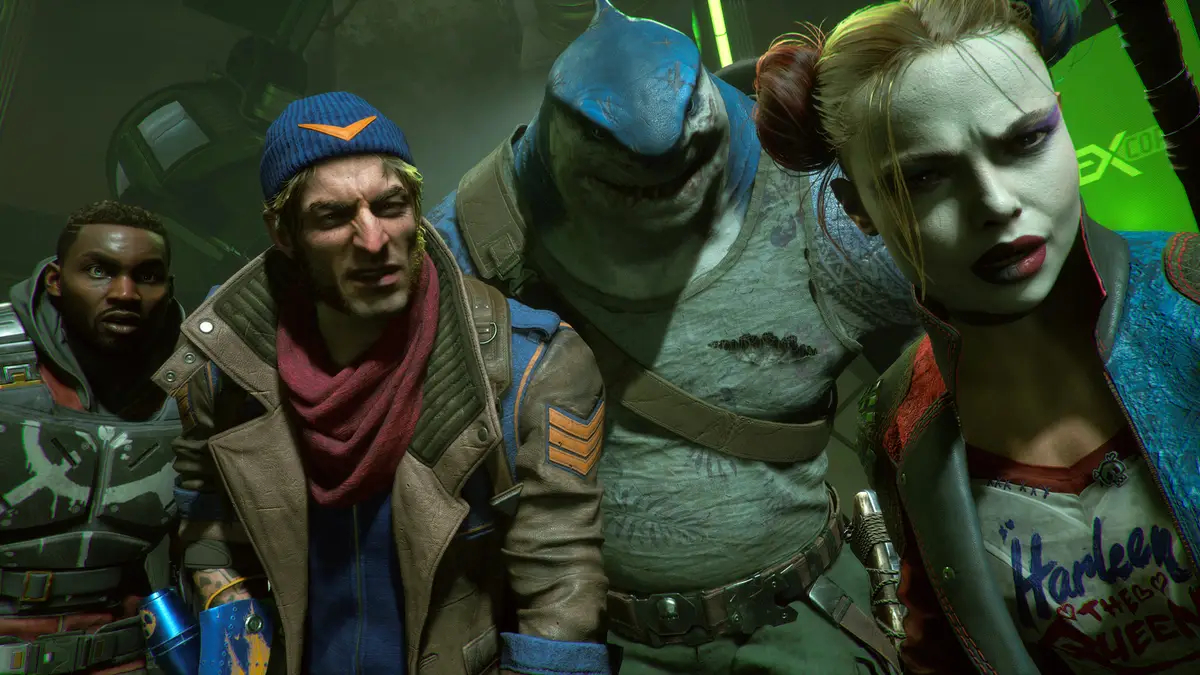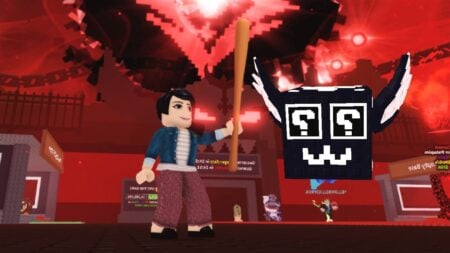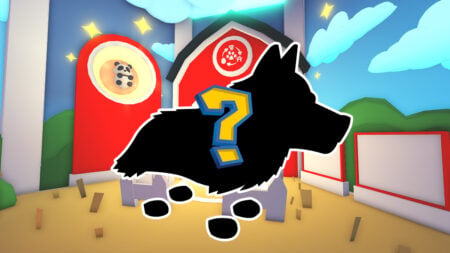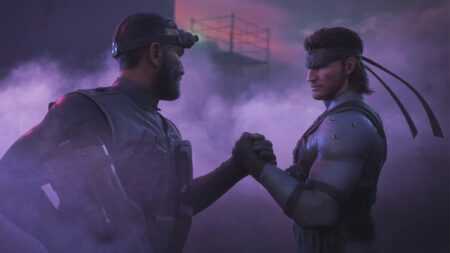2024 hasn’t been good for the Warner Bros. game division after two of its biggest games turned out to be massive flops, namely Suicide Squad: Kill the Justice League and Harry Potter: Quidditch Champions. Now, with MultiVersus shutting down, it appears the aforementioned WB Games is notably in trouble, with its President, David Haddad, recently stepping down.
The report came from Bloomberg and Jason Schreier, who also managed to interview a dozen employees from Warner Bros. Interactive Entertainment, the game division. Apparently, Warner Bros. lost $300 million in 2024 from the combined failures of Suicide Squad: Kill the Justice League and Harry Potter: Quidditch Champions.
MultiVersus, despite having a decent following since it’s practically a Super Smash Bros. competitor, is also shutting down this year on May 30, 2025. Some players blame the game’s failure on its monetization strategy.
Before Warner Bros. earnings call, the game division’s head, David Haddad also resigned back in January. However, the issues for the game division are not over yet. The studio has another big game in the oven, which is a Wonder Woman title but it appears even that one is in a state of limbo or development hell.
The upcoming Wonder Woman has apparently “struggled to coalesce”. More insider information about the project points to how the game was also rebooted early in 2024 and is thus several years away from completion.
“The game has already cost more than $100 million, said the people who asked not to be identified discussing nonpublic information, and is still years away from release, if it ever makes it to market,” according to Bloomberg’s report and interviews.
All in all, Warner Bros. might have already lost a rough estimate of $400-$500 million from its failed live-service video game projects and the Wonder Woman game. Additionally, some of the anonymous employees Bloomberg interviewed had an idea about what exactly caused the live-service failures for Warner Bros.
“A lack of a strong, cohesive vision during Haddad’s reign — a tumultuous period in which Warner Bros. struggled through multiple reorganizations — led to years of ineffectual trend-chasing and wasted development time.
Along the way, once-revered studios under the Warner Bros. umbrella have taken reputational hits, lost key staff members, and burned through hundreds of millions of dollars,” according to anonymous Warner Bros. developers.
The Writing is on the Wall for New Live-Service Contenders
Warner Bros. financial flops all have one thing in common: they’re all live-service games or have a “games as a service” model, something the biggest publishers and developers in the gaming industry have constantly chased after seeing success in Fortnite or other titles.
However, it appears some of the big publishers are already learning their lesson about live service games. Sony, for example, has shut down several of their upcoming live-service titles, especially after what happened to Concord.
Other publishers, on the other hand, appear to still be clinging on to the live-service trend, such as EA’s CEO who supposedly blames Dragon Age: The Veilguard‘s failure due to its lack of live-service structure. Now that Warner Bros. developers have spoken up, hopefully, the gaming industry will shift into something less self-destructive.








